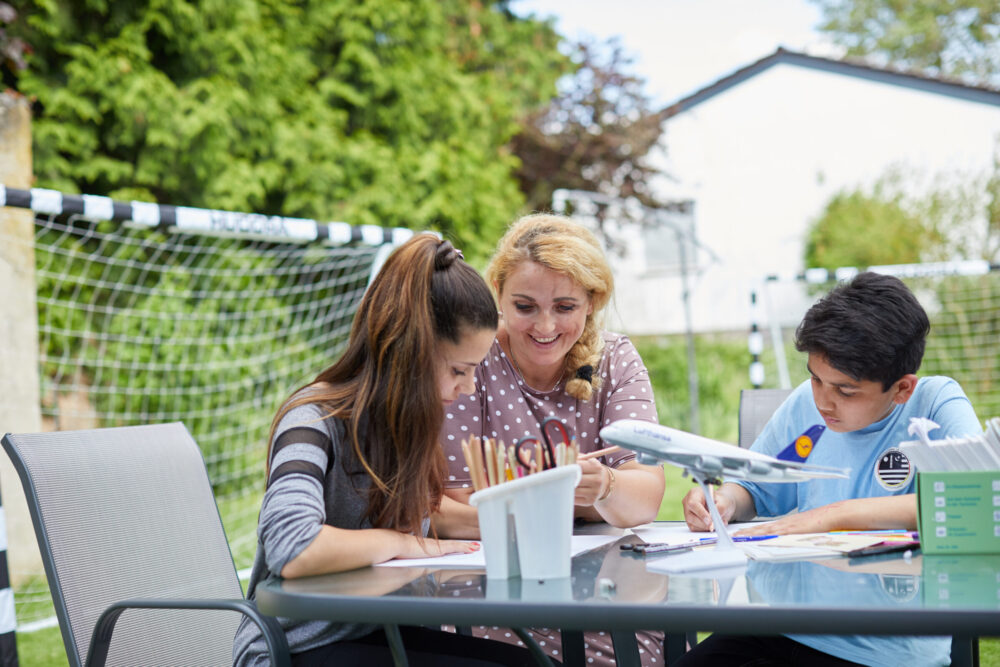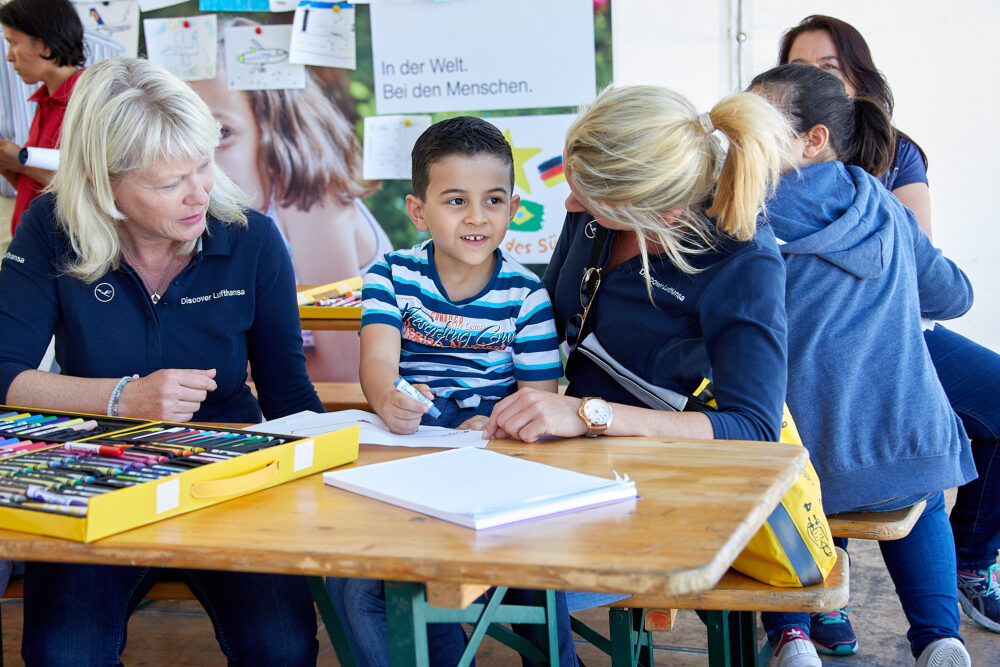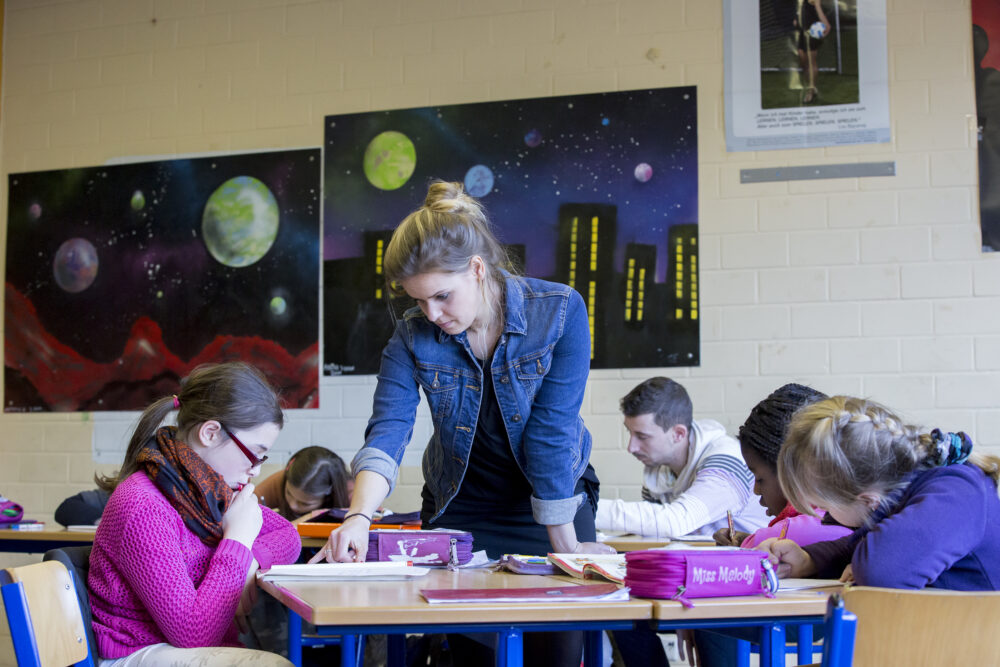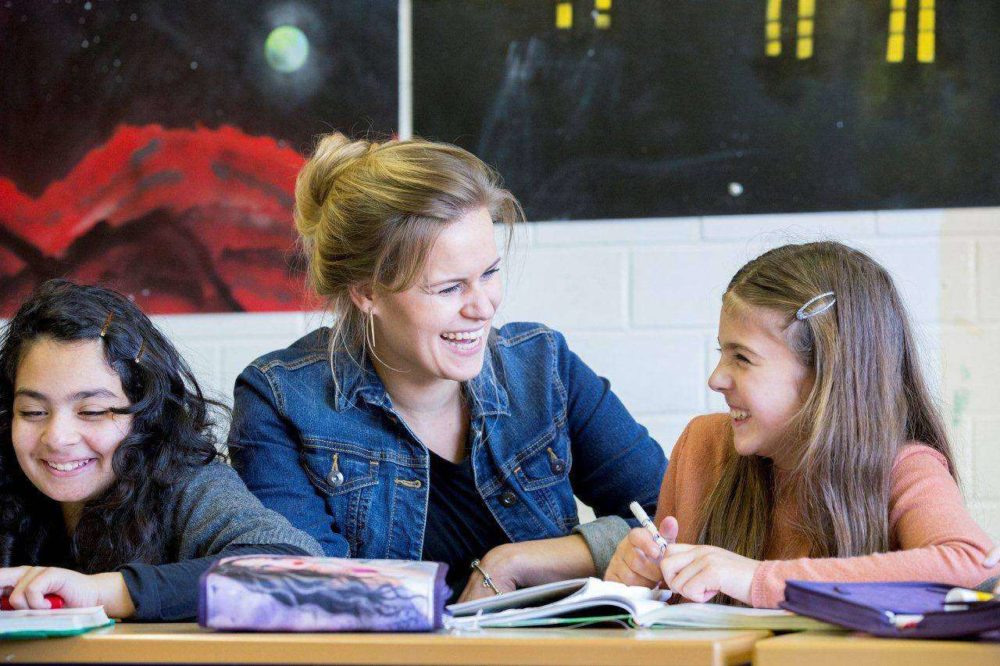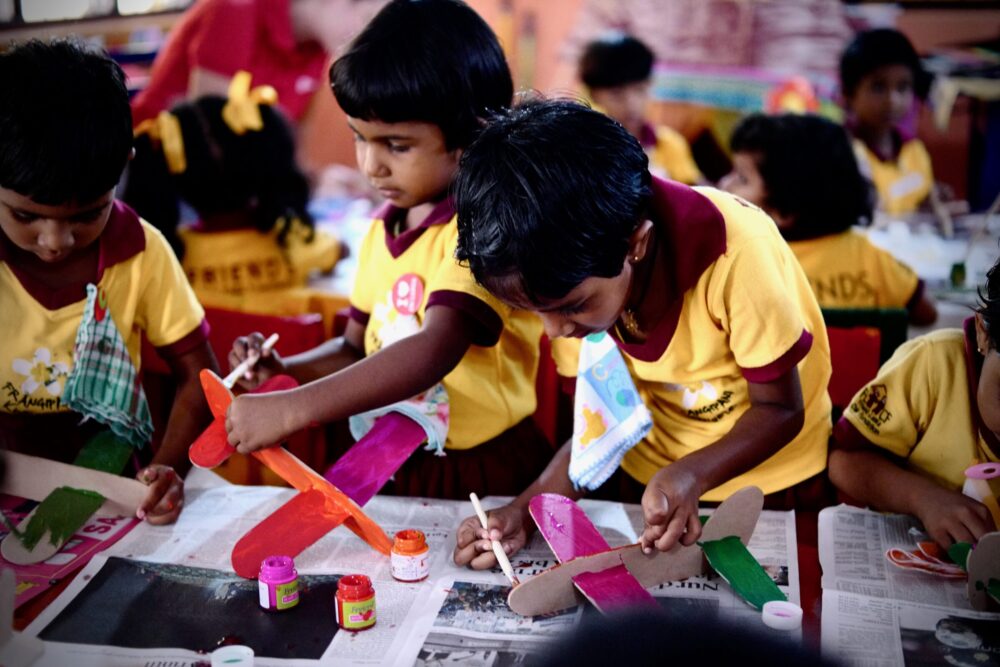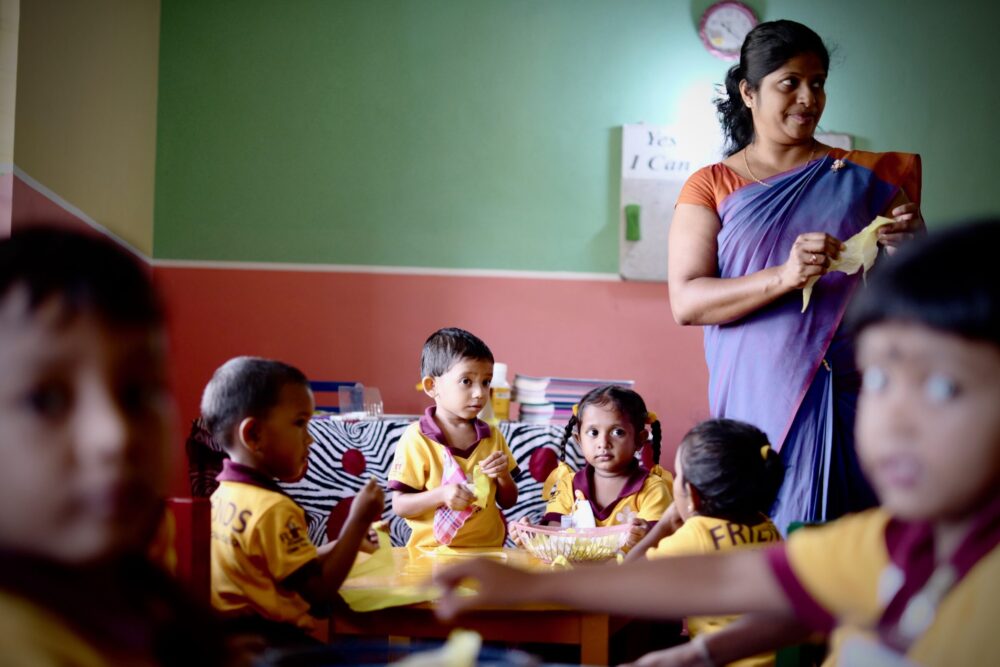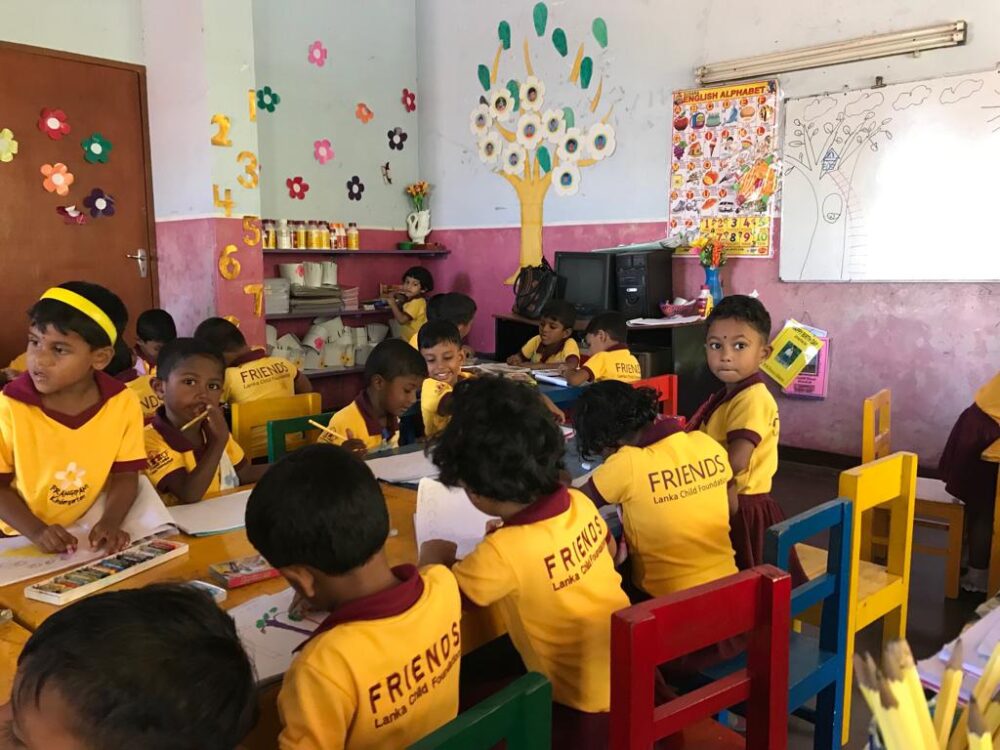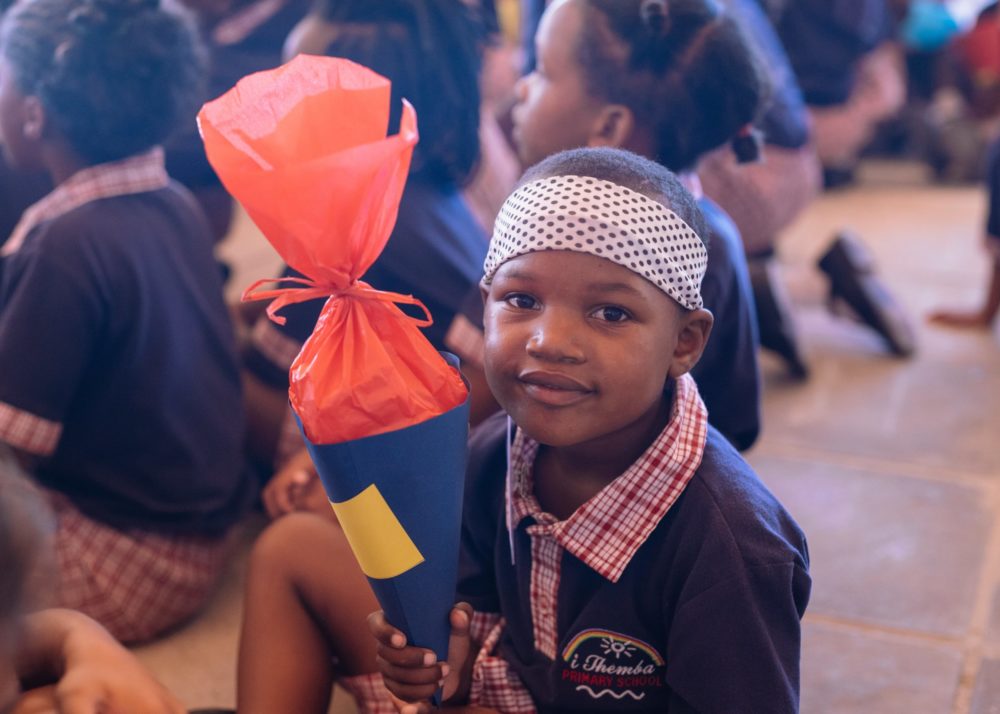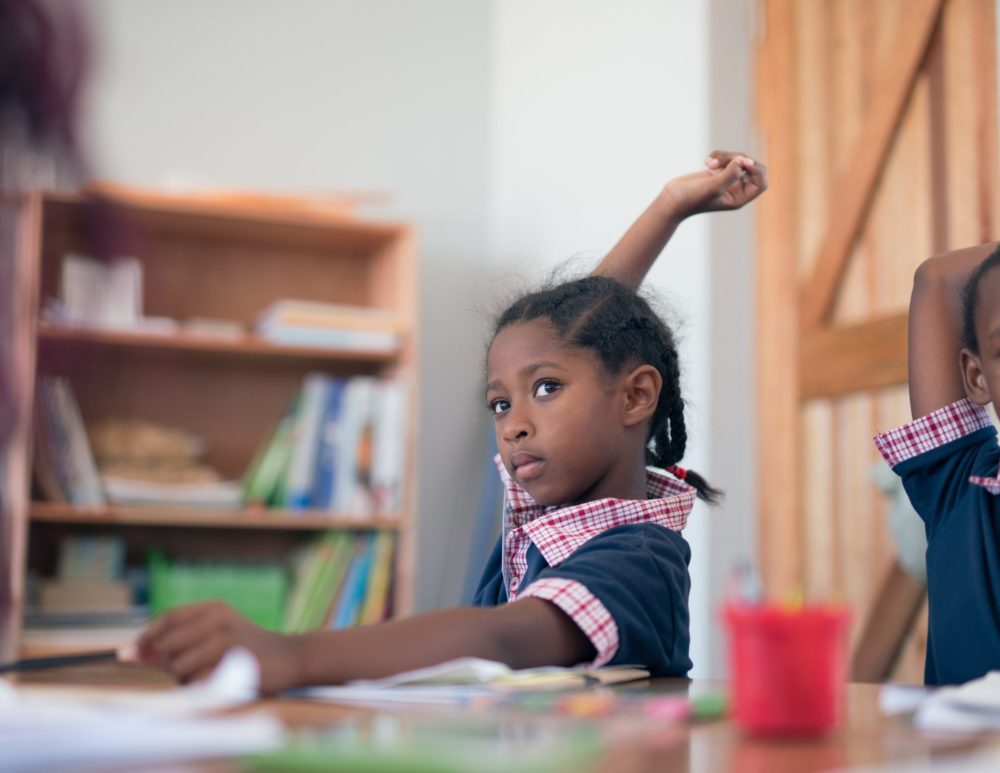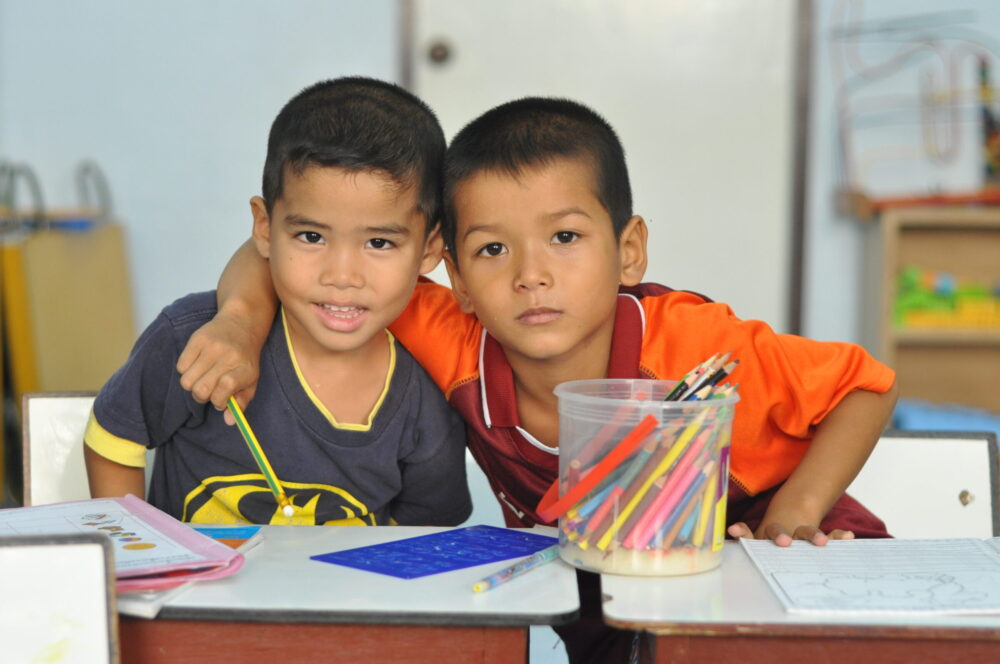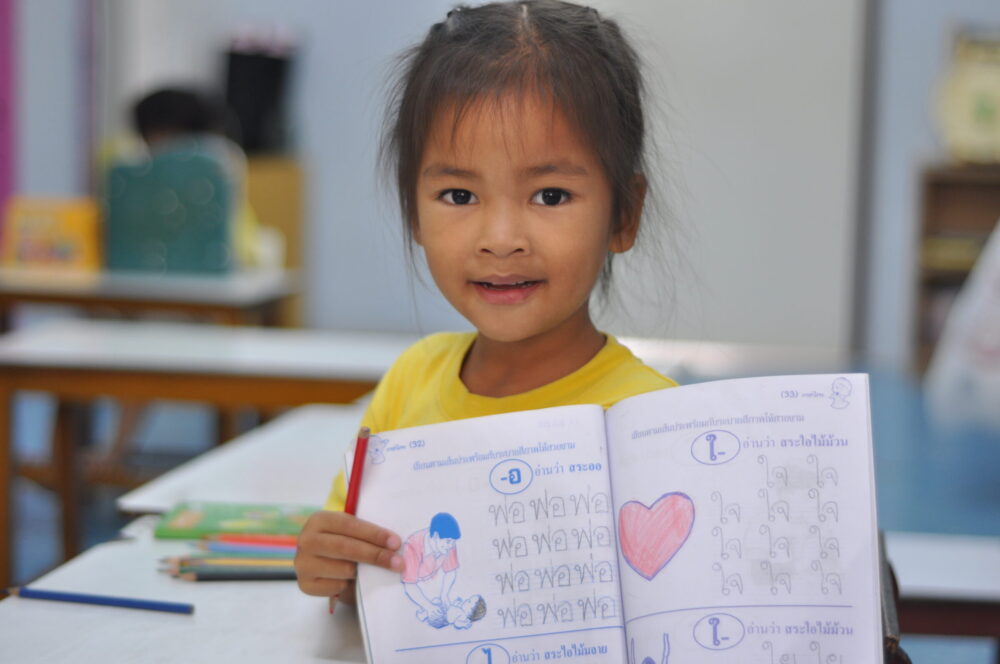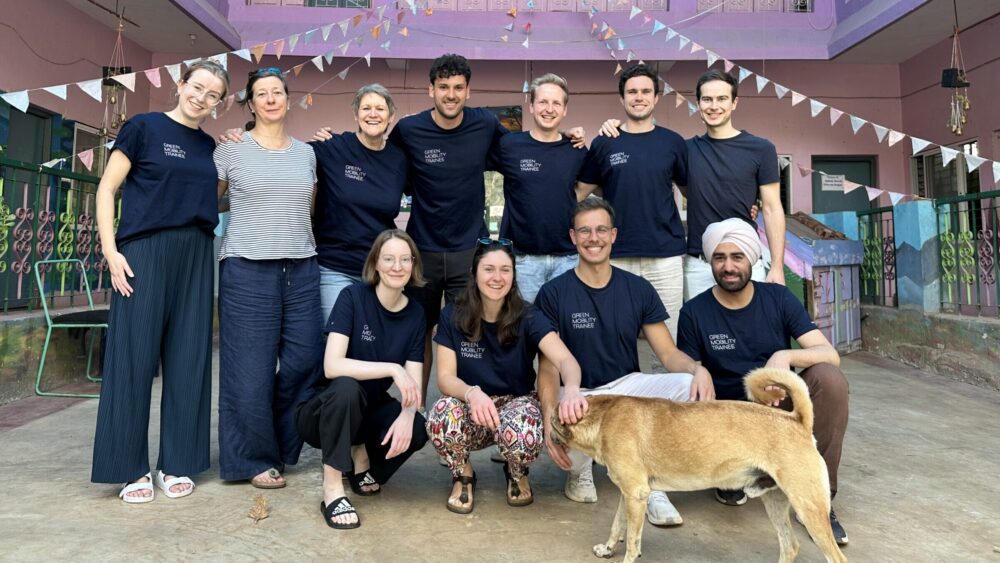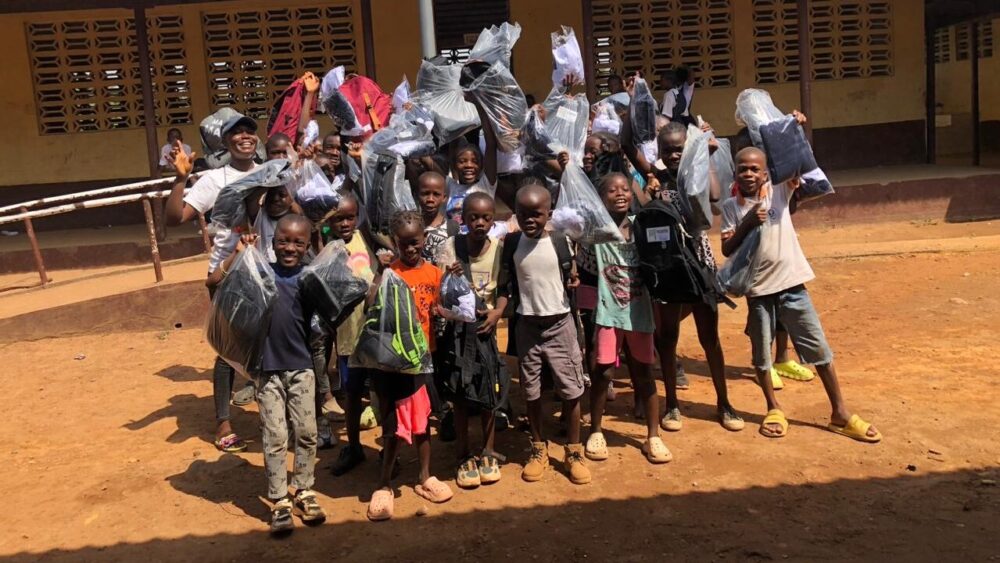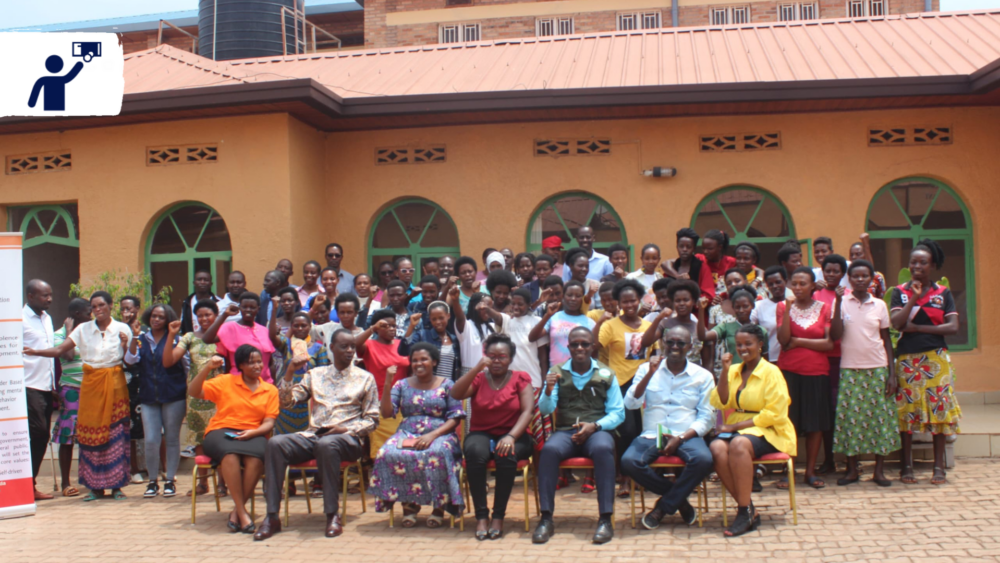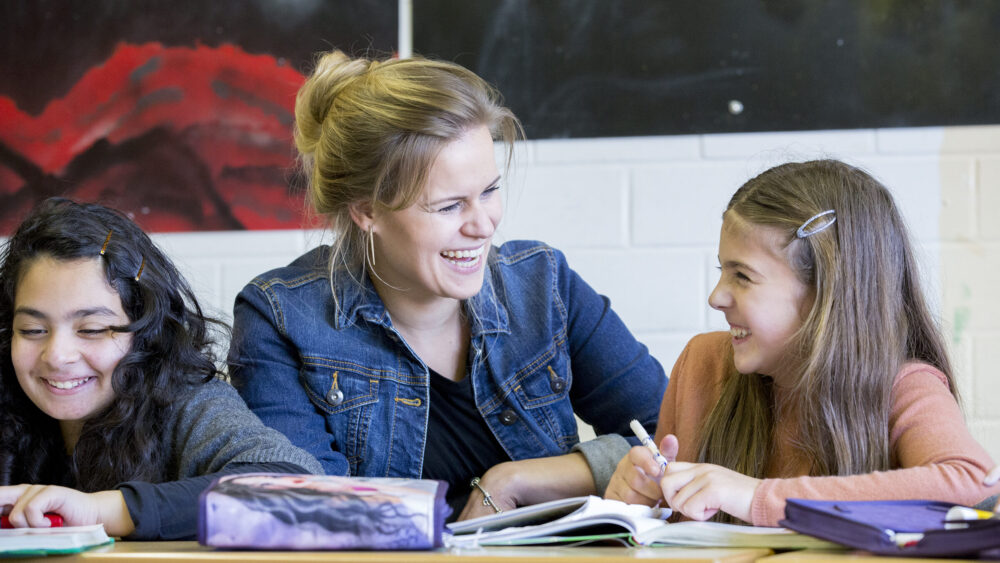
Quality Education for everyone
Our approach: Access to quality education for disadvantaged children and young people
Education is a human right and the key to a self-determined life. As an internationally operating aid organization, help alliance has been working hard since its foundation to ensure that disadvantaged children and young people receive high-quality education worldwide.
We are guided by recognized goals and conventions such as the Sustainable Development Goals (SDGs) and the United Nations Universal Declaration of Human Rights. Goal 4 of the SDGs – high quality education – is one of the two central pillars of help alliance’s work, along with goal 8 – decent work and economic growth.
Certain demographics usually lack access to education in many parts of the world. These include girls and women, people in poverty, religious and ethnic minorities and people with disabilities. People in regions affected by conflicts are also particularly disadvantaged. With targeted educational offers that complement school lessons, help alliance promotes access to pre-school, primary and secondary education. In addition, many of our projects offer comprehensive care – starting with regular meals, medical care, the provision of school uniforms, and accommodation.
In its project work, help alliance focuses on those areas that cannot be covered by state institutions. We always work closely together with local partners. We also attach great importance to a close cooperation with parents and guardians. After all, they are the ones who decide on the children’s educational path and set the course for their future.
Background
Education is recognized as a human right under Article 26 (1) of the United Nations Universal Declaration of Human Rights. Among other things, it states “Everyone has the right to education. Education shall be free, at least in the elementary and fundamental stages. Elementary education shall be compulsory.”
Although the right to primary education and, in addition, the availability of secondary education is explicitly recorded as a human right, a person’s origin has a great influence on whether and in what form access to school education is available. According to UNESCO, in 2018 there were around 258 million school-age children and adolescents worldwide who were unable to attend school – 59 million of there were children of primary school age.
However, it is not only the number of children who do not receive school education that poses a challenge, but also the quality of education: 274 million primary school children worldwide still cannot read and write properly.

